

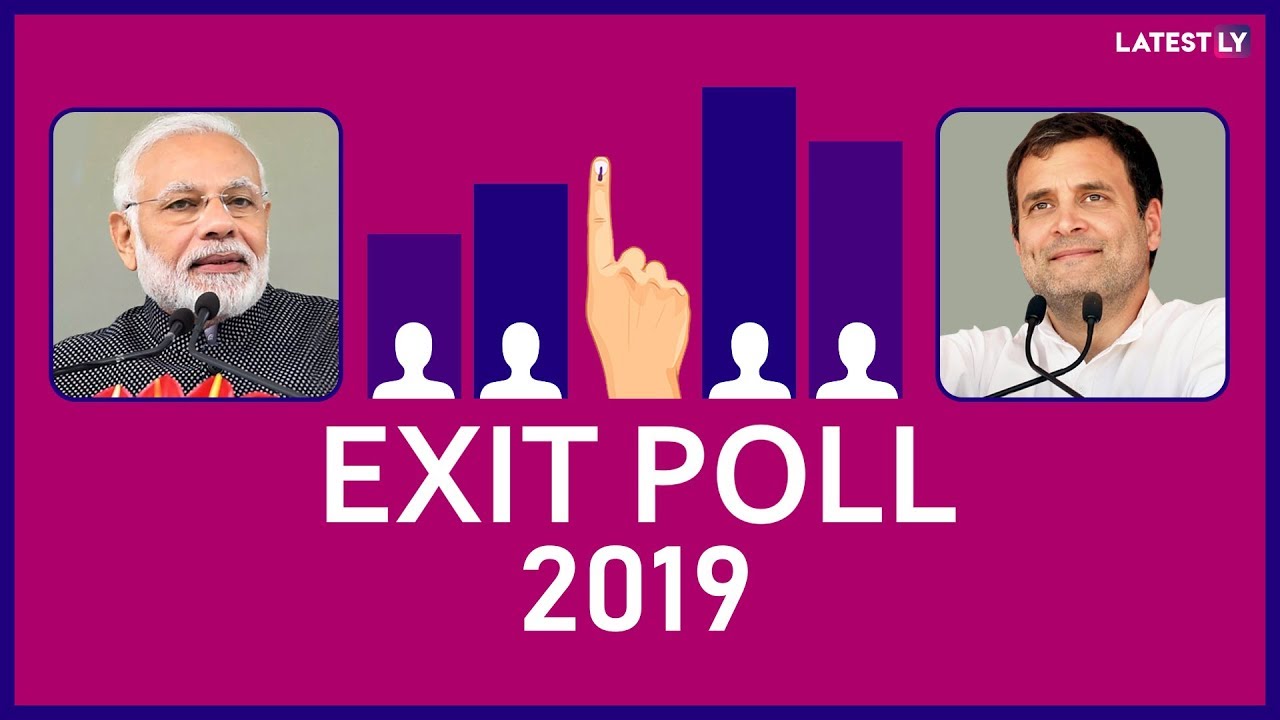
With the 18th Lok Sabha Elections reaching their final phase, political research agencies and TV news channels are gearing up to bring the "most accurate" predictions on vote shares, seats, parties, and candidates through exit polls. But what exactly is an exit poll, why is it conducted, and how does it work? Find out in this insightful video.
Exit Polls: Unveiling Electoral Predictions
Background
Exit polls are surveys conducted immediately after voters cast their ballots in an election. They aim to gauge the preferences of voters and project the likely outcome of the election. Exit polls have become an integral part of election coverage, providing real-time insights into voter behavior.
Why Are Exit Polls Conducted?
Exit polls serve several purposes:
How Do Exit Polls Work?
Exit polls are typically conducted by polling companies at strategically selected polling stations. They involve:
Top 5 FAQs
1. How accurate are exit polls?
Accuracy varies based on factors such as sample size, methodology, and the timing of the poll. However, reputable exit polls typically provide reasonably reliable predictions.
2. Has there ever been a major exit poll failure?
Yes, one notable example is the 2016 US Presidential election, where some exit polls incorrectly predicted a victory for Hillary Clinton. This error was attributed to sampling bias and the complexity of predicting swing states.
3. Can exit polls influence the election outcome?
There is some evidence that exit polls can have a psychological impact on voters. However, it is unlikely that exit polls can significantly alter the overall result of an election.
4. How are exit polls different from public opinion polls?
Exit polls are conducted on Election Day, while public opinion polls are conducted prior to the election. Exit polls focus specifically on those who have voted, providing a snapshot of the electorate on that day.
5. What are the limitations of exit polls?
Exit polls can be subject to sampling biases, non-response bias, and the influence of late-deciding voters. Additionally, they may not accurately capture the opinions of all voter demographics, such as infrequent voters or minority groups.
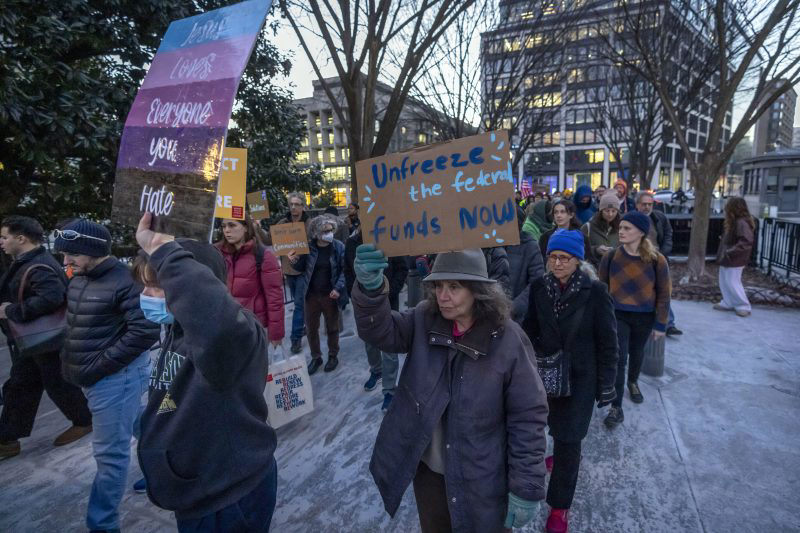
In the latest clash between the Trump administration and higher education, Harvard University has been hit with a freeze in federal funding of $2.2 billion. This comes after the university rejected a list of demands from the White House to crack down on anti-Semitism on campus. Despite the warning, Harvard's president has vowed to defy the government and protect the university's independence and constitutional rights. The Trump administration's Joint Task Force to Combat Anti-Semitism responded with a statement announcing the hold on funding and contracts.

The tragic suicide of Bollywood actor Sushant Singh Rajput in 2020 became a catalyst for the Indian media's descent into sensationalism and politicization. In their zealous pursuit of a story, anchors and news channels disregarded basic principles of journalism and resorted to wild speculation, conspiracy theories, and character assassination of those involved, particularly actress Rhea Chakraborty. This case highlights the dangerous trend of using personal tragedies as a means for political gain and sensationalism, rather than having important conversations about mental health and systemic issues within the entertainment industry.

West Bengal Chief Minister Mamata Banerjee, in her speech at an Eid prayers event, criticized the BJP for trying to incite communal violence in the state and accused them of promoting "ganda dharma" (dirty ideology) which goes against the true principles of Hinduism. The BJP hit back at Banerjee, accusing her of deliberately sowing hate and deriding the Hindu faith. Banerjee has faced backlash for her divisive remarks, with BJP leaders and supporters condemning her statements.

Uttar Pradesh Chief Minister Yogi Adityanath praised the rich tradition of Sanatan Dharma festivals, emphasizing how they connect people with enthusiasm and excitement across the country. He also highlighted the global impact of the Prayagraj MahaKumbh, which showcased unity and discipline among over 66 crore devotees. Taking aim at critics, the CM urged them to witness the MahaKumbh and stated that those who discredit Sanatan Dharma are the same people who opposed the Ram Temple and supported cow smuggling. He emphasized the core principle of Sanatan Dharma - where there is Dharma, there will be victory - and encouraged people to dedicate themselves to spiritual practice.
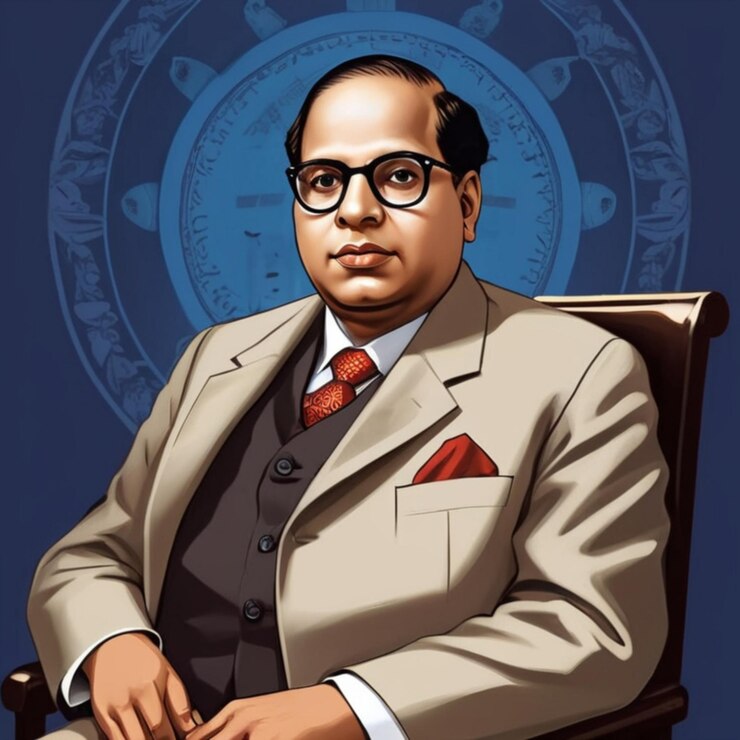
On this special day of Ambedkar Jayanti, we pay tribute to Dr. Bhimrao Ramji Ambedkar, the Father of the Indian Constitution. His birth anniversary is celebrated with great fervor and his contributions as a lawyer, economist, politician, and social reformer are remembered. He led a movement against untouchability and caste discrimination, and his ideals of equality, freedom, fraternity, and justice continue to inspire us today. Let us honor his legacy by spreading awareness and compassion.
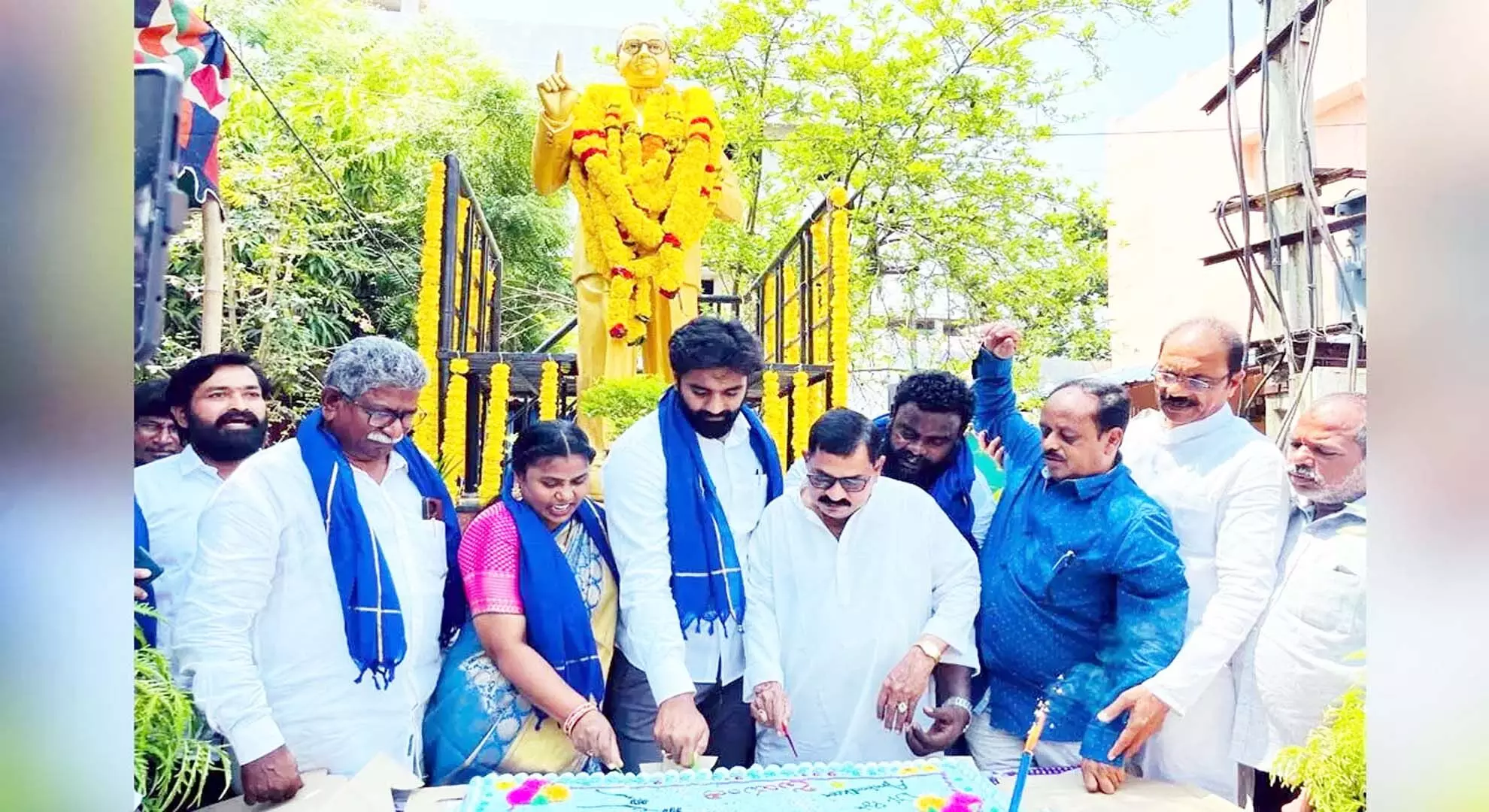
The Congress Party in the Indian city of Gadwal organized a special rally on the occasion of Dr. B.R. Ambedkar's 134th birth anniversary, paying tribute to the legendary leader and chief architect of the Indian Constitution. Led by former ZP chairperson Sarithamma, party leaders and cadre marched in unity, emphasizing Dr. Ambedkar's ideals of equality, justice, and social reform. They called on the youth to take inspiration from Ambedkar's legacy and work towards realizing his dreams of a more equal and just society. The event saw active participation from various party leaders and members, making it a grand and inclusive commemoration.
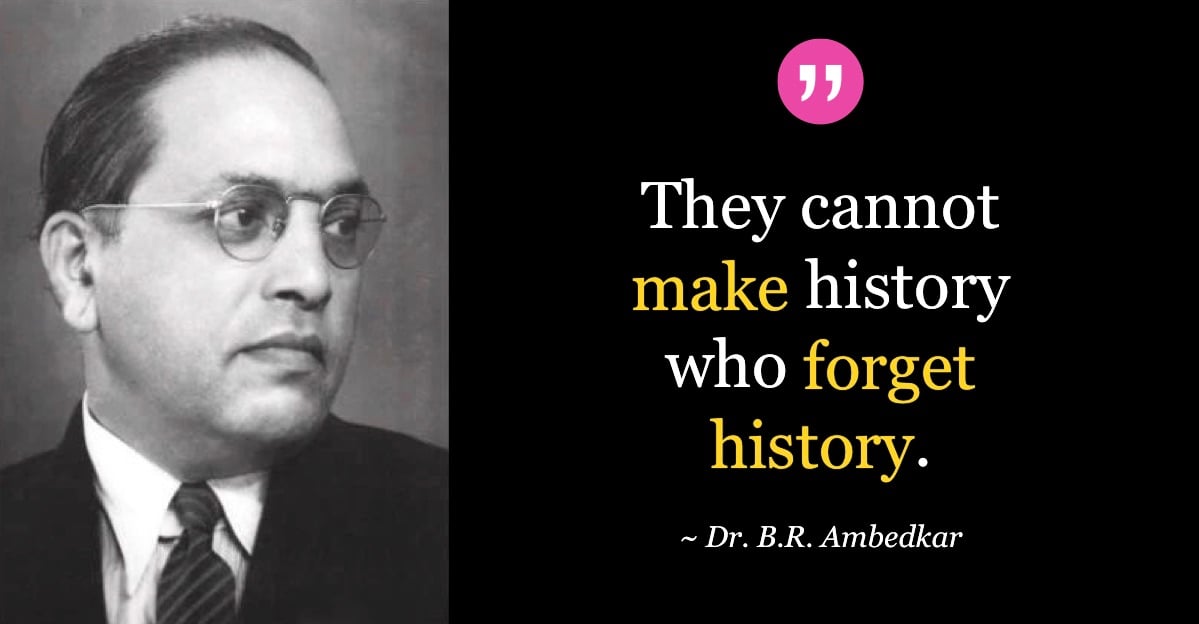
On April 14th, India observes Ambedkar Jayanti to honor the birth anniversary of Dr. Bhimrao Ramji Ambedkar, the visionary who played a foundational role in shaping modern India and drafting its Constitution. Dr. Ambedkar was a towering intellectual, social reformer, and fierce advocate for the rights of the oppressed. In recognition of his immense contributions, he was posthumously awarded the Bharat Ratna, India's highest civilian honor, in 1990. As we commemorate this significant day, let's draw inspiration from Dr. Ambedkar's words and commit to building a fairer, more inclusive society.

As the nation celebrates the 135th birth anniversary of Dr B R Ambedkar, his grandson and Vanchit Bahujan Aghadi chief Prakash Ambedkar discusses Dr Ambedkar's contributions and the relevance of his thoughts in today's political and social landscape. He highlights the importance of upholding the Constitution and its principles of equality, brotherhood, and freedom of speech, while also discussing Dr Ambedkar's views on economic policies and the role of Parliament in decision-making. He also raises concerns about the current state of the economy and its impact on the common man's livelihood, and the need for policies that promote social justice and equal opportunities.
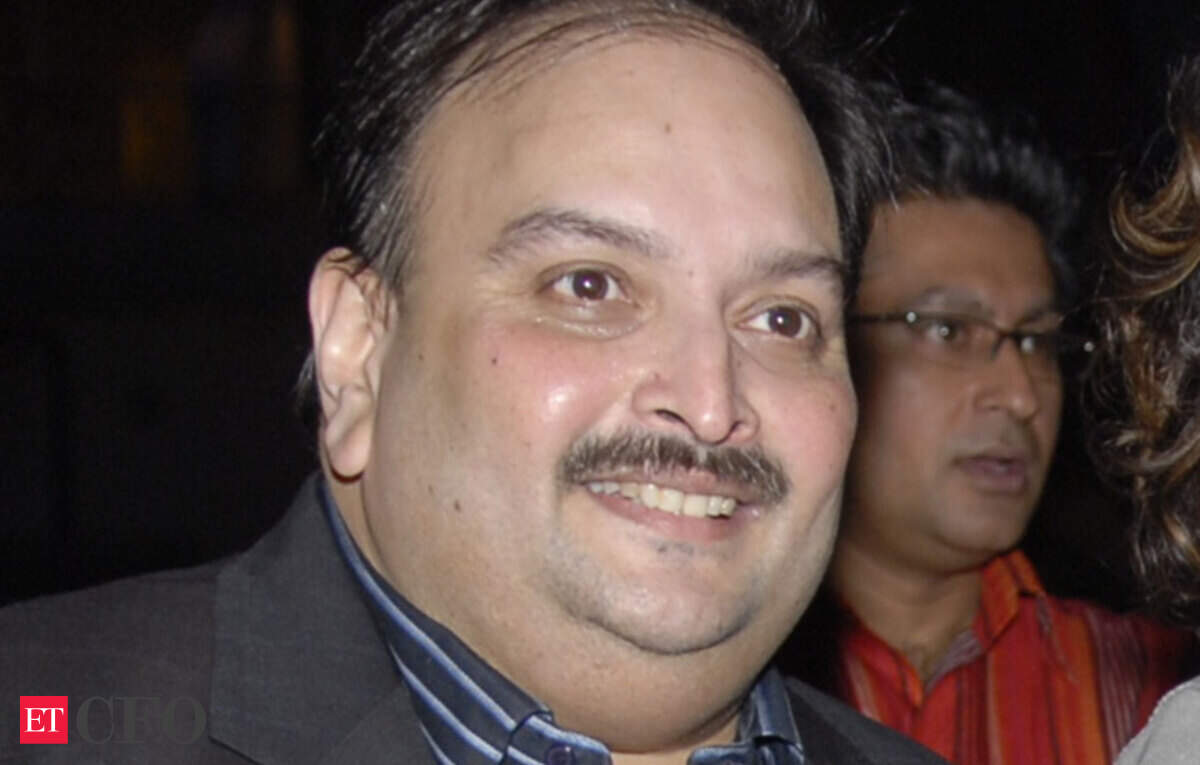
After living in Antwerp, Belgium for some time, Mehul Choksi, the main accused in the PNB loan fraud case, has been detained by Belgian authorities following an extradition request by India. The Central Bureau of Investigation (CBI) and Enforcement Directorate have been working together to bring Choksi back to India to face charges. He is currently facing proceedings under the Fugitive Economic Offenders (FEO) Act, and his nephew Nirav Modi is already lodged in a London jail awaiting extradition.
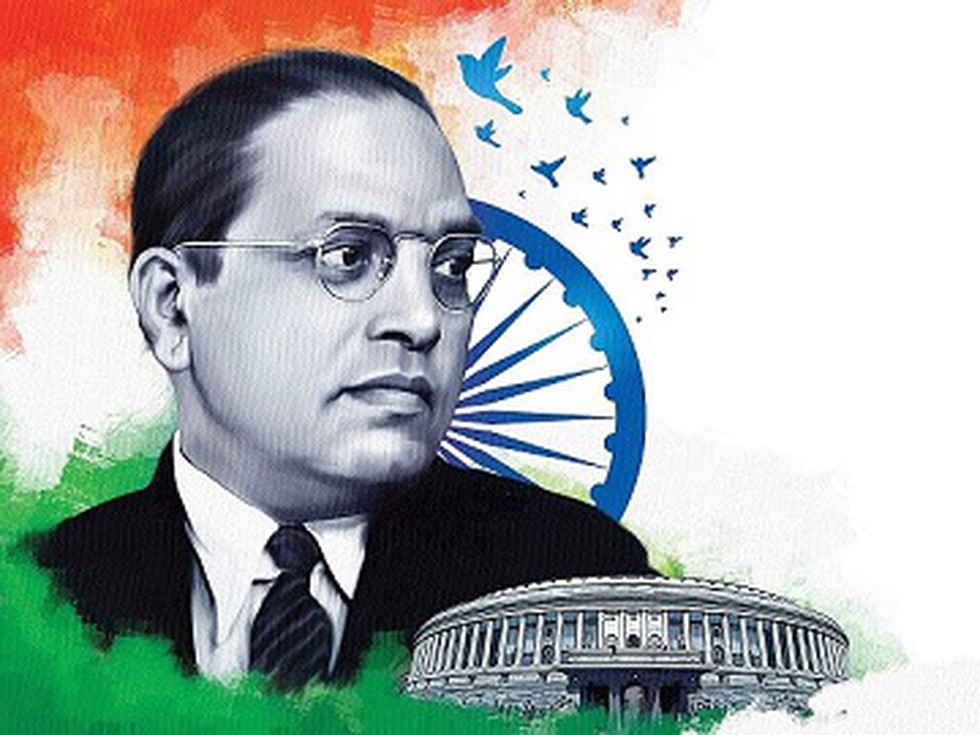
Union Youth Affairs and Sports Minister, Mansukh Mandaviya, led a Jai Bhim Padyatra to honour the life and vision of B.R. Ambedkar and other great leaders. The Minister highlighted the importance of youth engagement and the enduring values of the Constitution in shaping a developed India. The event, attended by over 6,000 MY Bharat Youth Volunteers, was aimed at celebrating the legacy of Ambedkar and inspiring youth towards nation building.